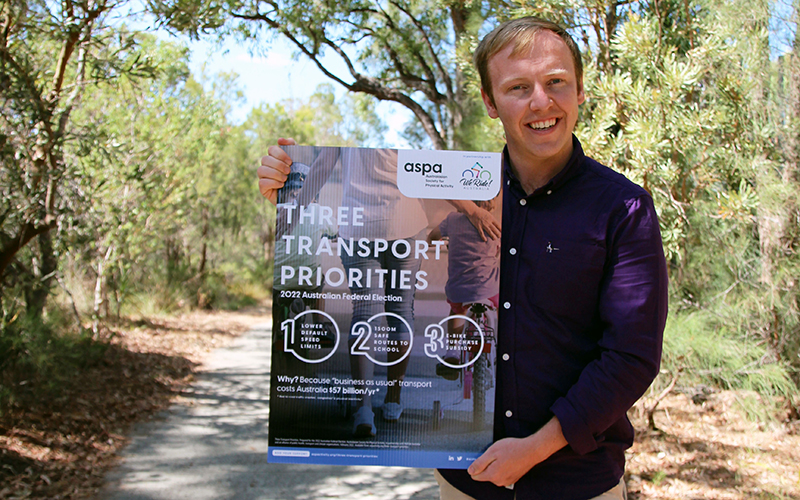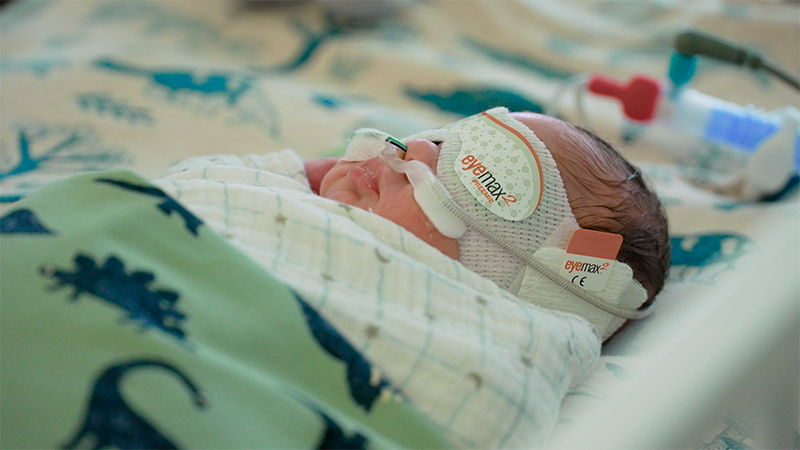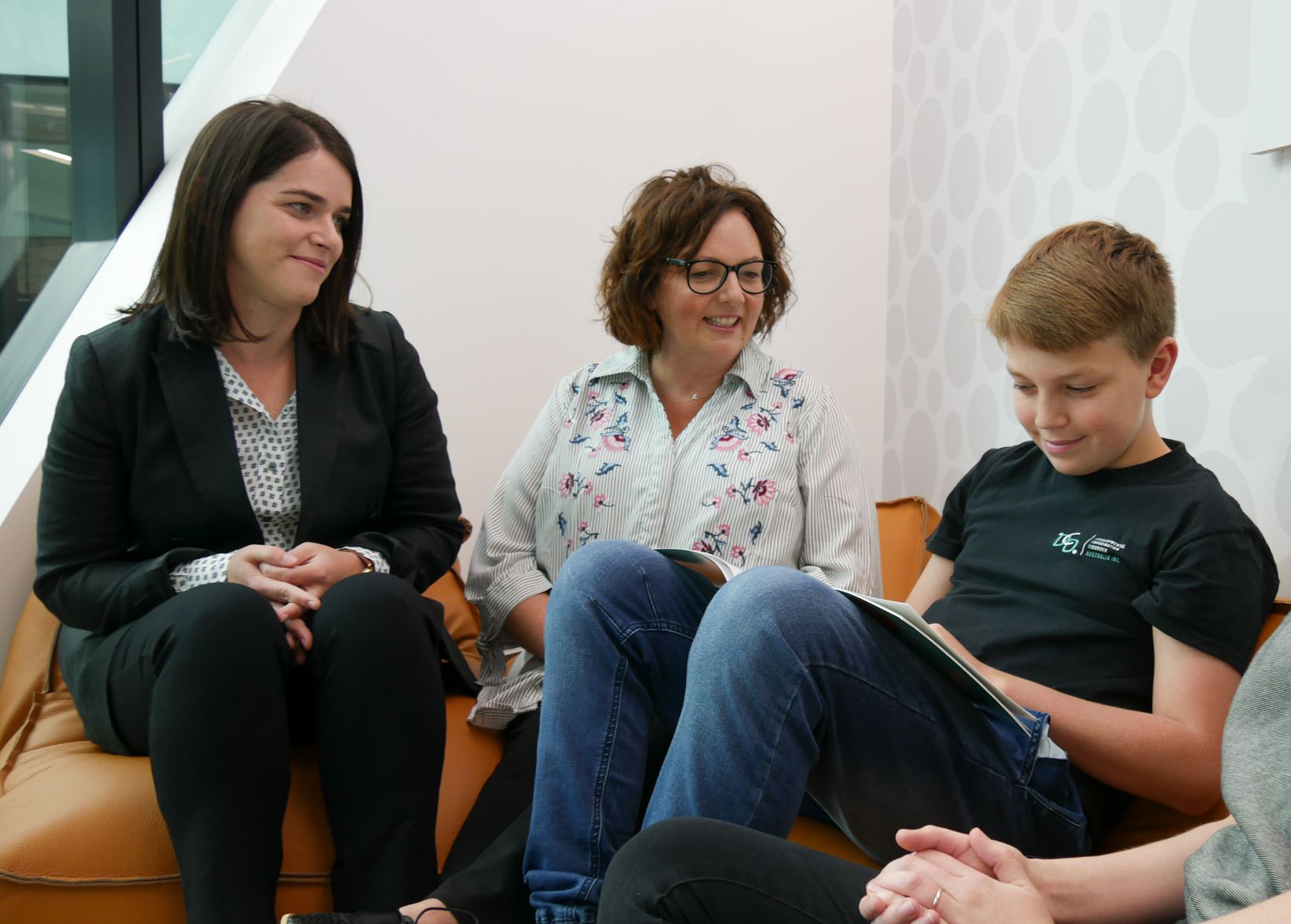Search

News & Events
Call for urgent funding boost for RHD in AustraliaThere are calls for a significant and urgent injection of $40 million in funding to tackle Rheumatic Heart Disease (RHD) following Monday night’s Four Corners episode.

News & Events
Federal politicians urged to adopt transport priorities that keep kids happy, healthy and safeThe Kids Research Institute Australia has backed a series of transport priorities to keep children safer on the roads, boost physical activity levels, and save the economy billions of dollars.

News & Events
THINKING BIG @The Kids Research Institute AustraliaWe want to hear from people across the WA community - about the big issues and concerns facing our children, young people, and their families. Share your voice and views to help guide our research for happy, healthy kids.

News & Events
Study to use eye masks and earplugs to teach preterm babies the rhythm of lifeResearchers will fit nearly 500 preterm babies with tiny eye masks and earplugs for the study.

News & Events
The Kids respiratory, anaesthesia and mental health researchers secure vital fundingThe Kids Research Institute Australia researchers have been awarded $5.3 million in prestigious Investigator Grants from the National Health and Medical Research Council

News & Events
Why it’s safe for kids to be at schoolAs Australia battles with COVID-19 outbreaks across all mainland states, there is a sense of familiar dread as major cities plunge into lockdown.

News & Events
Improving aftercare for young people at risk of suicideA collaborative research team has secured federal funding to examine ways to improve the experience that children, adolescents and young people have when they present to hospital emergency departments for an acute mental health crisis with the aim of reducing the rate of youth suicide.

News & Events
Hon. Ben Wyatt to join board of The Kids Research Institute AustraliaFormer West Australian Treasurer, Hon Ben Wyatt, has accepted a position on the Board of WA’s leading medical research organisation, The Kids Research Institute Australia.

News & Events
Back to school: How to pack a healthy lunchbox to keep your child fuelled up for learning and playPlenty of parents will tell you the daily lunchbox dilemma is one thing they did not miss during the summer holidays – which stretched even longer due to WA’s hard lockdown.

News & Events
New research reveals impact of little-known disorderA new report released by The Kids Research Institute Australia in collaboration with Victoria University has revealed the significant social and emotional toll of Developmental Coordination Disorder (DCD).
